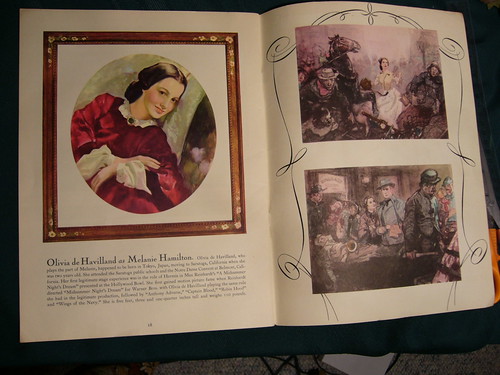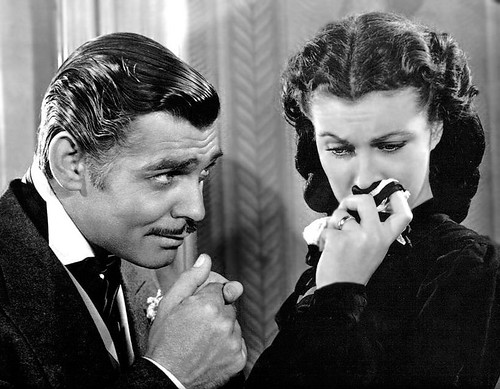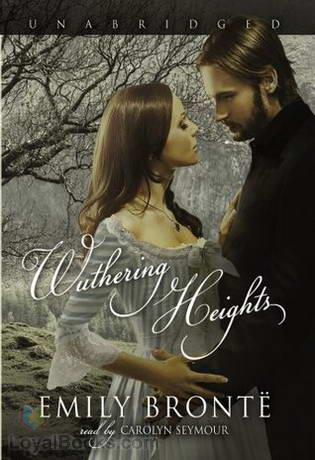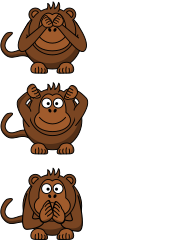Anne of Green Gables is one of the most beloved children's books of all time, and if you haven't read it (or any of the successive books in the series), you've probably seen some pieces of the four films it inspired. Lots of girls identify with Anne, who reads books and hates her hair, but lots of fans are surprised when they start comparing the book to the film.
The Book
The original book, and the first in what would become an iconic series, was published way back in 1908. It remains extremely popular; even today, young girls show up in Canada with their hair dyed red and styled in pigtails. They come to walk the same paths that Anne took and to see the iconic Green Gables farmhouse, located in Cavendish.
Anne Shirley is an orphan girl who has been tossed to and fro for much of her life. The bane of her existence is her hair, which is as red as carrots, though the matching freckles on her face are cause for some concern as well. A pair of elder siblings, Marilla and Matthew Cuthbert, have decided to adopt an orphan boy to help with the running of their farm. The orphanage sends Anne instead, much to everyone's dismay. Anne wishes to stay at Green Gables immediately, but she's a talkative and brash little thing -- not to mention female. At first it seems certain she'll be sent back, but Marilla decides that Anne should stay instead.
What follows is a series of enjoyable hijinks as Anne goes through her teen years. She develops an instant dislike for Gilbert Blythe, and strikes up a great friendship with Diana Barry. She's easily distracted by books and by her own imagination, prone to getting into scrapes and thoroughly lovable in all ways. Gilbert, of course, is wildly interested her and does all he can to earn her affections -- but he is being punished for teasing her about her red hair. At the end of the book, Anne has decided to stay at Green Gables rather than go to college due to a tragic event. The story continues in 7 books that follow.
The Film
Lucy Maud Montgomery is truly a literary icon and an accomplished author, and she created one of the most memorable and beloved characters of all time...but Anne of Green Gables is one of those rare books that's actually better on film.
It's easy to see the book is an early effort from Montgomery, and riddled with classic first-book problems. Frequently, Montgomery has her characters standing in empty rooms simply talking out loud to themselves -- having very in-depth one-sided conversations, no less, and it's disruptive. Much of the book is, in fact, dialogue. It is most definitely a delightful read, but you're missing out if you don't see the book on film, too.
Anne of Green Gables is a popular story, and it's been adapted for the screen more than once. But without question the best version of the book is the 1985 television movie of the same name, starring Megan Follows in the title role. Montgomery's rich characters come to life in this version, and though I have my doubts about some of her early prose there's no questioning the author's gift for creating wonderful characters. The setting is also the same, and positively gorgeous on screen.
What Got Adapted?
But there are several differences between the book and film versions of Anne of Green Gables. The opening scenes of the film give a very detailed glimpse at Anne's life before she arrives at Green Gables, something the book does not do. Many fans of both are also annoyed by the trial period in the movie, an event which does not occur in the book. Once Marilla makes up her mind, it's made up -- in the movie, there is some suggestion that she might be swayed in one direction or another, but this is not the case in the book. Some characters, particularly the Reverend's wife, fade into the background in the movie more than they should.
Most notably, the concert Diana and Anne attend in the book is changed to a ball where Anne, in behavior that's outlandishly out of character, attempts to prove her own feminine wiles by exerting her spell over Gilbert Blythe. Anne is sort of accidentally pretty, and through her life never seems to realize it, so this entire scene is out of keeping with the books. Anne and Diana are too aware of boys by half in the movie; Anne absolutely isn't thinking of Gilbert romantically in the book.
That said, it's still an amazing movie and the best adaptation of the well-loved book. The world Anne inhabits, and the people in it, come to life beautifully and the casting is absolutely spot-on. I've loved it for so long, I actually own it on VHS (taped from public television, what). Go and watch it right now.








































